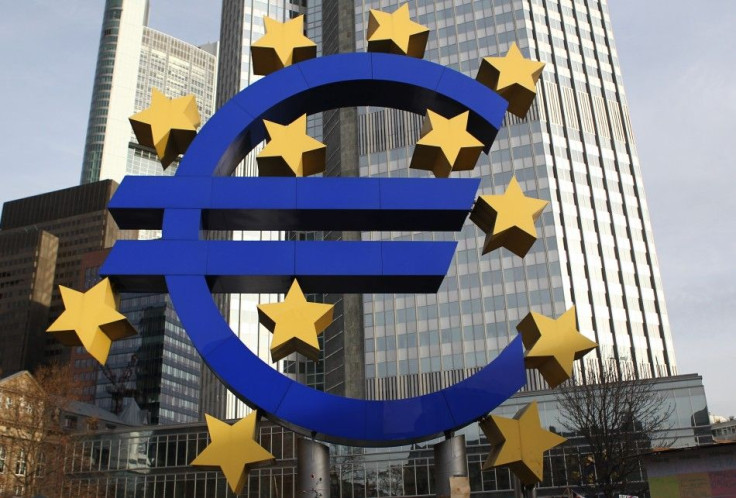European Economic, Financial Data Grow Threatening

Europe's chronic financial and economic troubles threaten to reach a critical level in the second quarter as warning signals emerge from both the continent's core and its southern periphery.
Spain has replaced Greece as the epicenter of the crisis in the 17-nation euro zone as well as the 27-nation European Union, with 11 banks downgraded on Monday and Europe's fourth-largest economy officially falling into recession.
To the north, British retail sales fell more than expected in April, German retail sales rose -- but less than expected -- and euro zone lending declined.
Inflation remains higher than anticipated in the European Union and may inhibit the European Central Bank from cutting interest rates when its top officials meet later this week.
Here is a sample of the data released Monday that documents just how deep and wide Europe's now more than two year old troubles are:
Spain has falls into recession. The nation's gross domestic product fell 0.3 percent in the first three months of the year from the last quarter of 2011, the government said Monday. The Statistics Institute attributed the second consecutive GDP decline, the generally accepted definition of a recession, to falling domestic demand. If there was a silver lining in the numbers it was that they were not as bad as the 0.4 percent estimate of economists surveyed by Thomson Reuters.
Watching Spain now is exactly like watching Ireland around October 2010 before Ireland was forced into its bailout, Megan Greene, a senior economist at Roubini Global Economics LLC, told Bloomberg. The government can't win no matter what it does.
Standard & Poor's downgrades 11 Spanish banks and the government. The agency took negative actions on 16 Spanish banks on Monday, cutting the ratings on 11 banks and warning five they face still further cuts. Among Spanish banks being cut is Europe's No. 2 bank by market value, Banco Santander SA, which was downgraded one level but still retains its investment-grade rating.
Euro zone business growth slows. The ECB said Monday that the growth in euro zone business lending slowed in March to 0.6 percent. That's down from February's upwardly revised 0.8 percent growth. The report indicates that the ECB's three-year loans at ultra-low interest rates have not trickled down to job creators. Rather, the banks that received the loans have been using them to buy government bonds, the purchases of which were up 7.3 percent in March.
EU inflation falls in March but less than expected. The ECB, which maintains a 2 percent inflation target, said euro zone inflation in April fell to an annualized rate of 2.6 percent. That's higher than the 2.5 percent analysts polled by Thomson Reuters expected. It also threatens to cramp the ability of the ECB to cut interest rates to stimulate the economy.
German retail sales up in March but less than expected. Preliminary data from Germany's Federal Statistics Office showed Monday that retail sales rose less than expected in March. Such sales rose 0.8 percent, less than the 1 percent increase a survey of economists had forecast.
British retail sales fall more than expected in April. The Confederation of British Industry, a private U.K. group, said Monday that 33 percent of retailers in April had higher sales compared with April 2011 while 39 percent had lower sales. That resulted in an overall 6 percent decline, weaker than the minus 4 percent economists had expected.
© Copyright IBTimes 2024. All rights reserved.






















